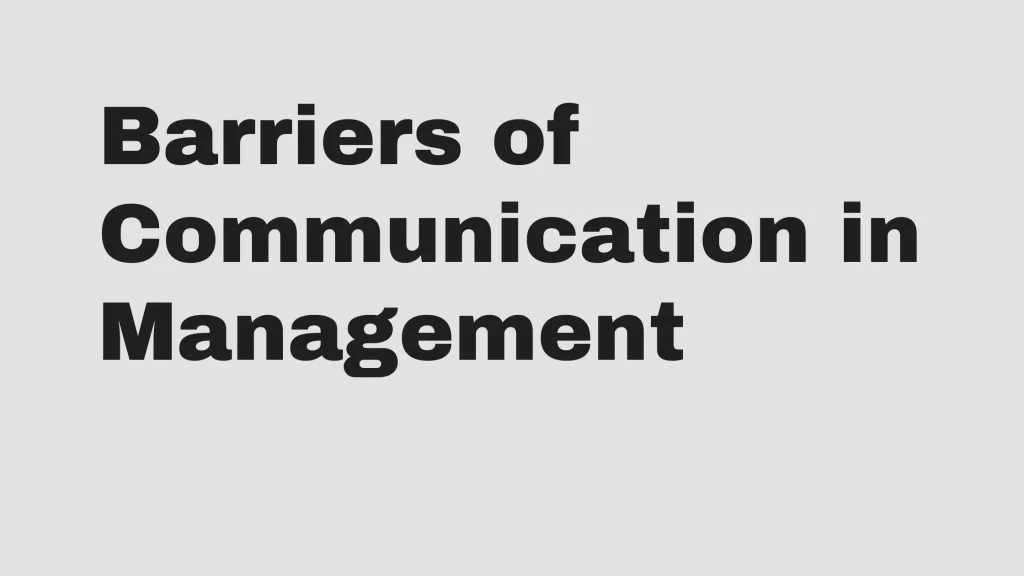In our diverse society, effective communication can be a complex task. One of the lesser-known but significant hurdles to seamless interaction is economic disparity. This form of social barrier springs from the varied levels of knowledge, skills, and experiences that people from different economic backgrounds possess.
These disparities can drastically affect how individuals express themselves and perceive others. For instance, someone from a higher economic background might have a different communication style compared to someone from a lower economic stratum. Understanding these barriers is crucial to fostering effective communication and strong relationships.
Contents
Understanding Economic Barriers to Communication
With a deep dive into the impact of economic disparities on communication, it’s evident that these barriers can significantly influence interpersonal relationships. People hailing from different economic backgrounds often exhibit diverse communication styles. They view the world through a distinct lens based on their individual experiences. Here, education plays an essential role.
For instance, an individual who has attained a high level of education might communicate differently than someone with lesser educational qualifications. Their knowledge, skills, and experiences vary, which can substantially influence how they express themselves and understand others.
Such disparities reach beyond personal exchanges to touch societal and professional realms. This has been observed to create conflict, misunderstanding, and inefficiency in the exchange of essential information.
To frame it within the context of social hierarchies, people with different economic statuses often have dissimilar language proficiencies and cultural understanding. They might perceive the world in a unique way due to these distinctive experiences.
It’s worth noting that economic disparities also contribute to stereotypes and prejudices. People may harbor preconceived notions about others based on their economic situation. This can lead to bias and discrimination in both personal and professional communication scenarios.
Intertwined intricately are personal feelings and emotions. Anger, frustration, sadness — they all add layers of complexity to the already multifaceted communication process. Personal biases or beliefs attached to economic status can cause misunderstandings, leading to a breakdown in the communication.
- In essence, understanding these unique barriers to communication is the key
- These barriers are complex, often stemming from a wide variety of factors
- From language and cultural diversities to economic disparities
The understanding of these factors unlocks doors to developing effective communication skills. It encourages the nurturing of stronger relationships and promotes a harmonious society, both personally and professionally.
Impact of Economic Barriers
Economic disparities are a significant player in the field of communication barriers. They dictate how individuals from diverse backgrounds convey their thoughts, how they interpret others, and the resources they have access to for effective communication. Understanding and acknowledging these barriers help to foster more effective, agreeable interactions in both personal and professional settings.
Limited Access to Technology
A closer look tells us that economic disparities can severely restrict access to communication technology. In a world where a vast majority of information exchange and discussions happen over digital channels, this restriction can considerably hamper communication. For instance, individuals from economically weaker backgrounds may lack the resources necessary to afford a computer or internet access. As a result, they could miss out on essential information, educational opportunities, and skills essential for effective communication in today’s tech-centered world.
Cost of Communication Tools
Furthermore, the high costs of modern communication tools present another obstacle. Devices such as smartphones, laptops, and internet service subscriptions, although essential in the modern world, may be prohibitively expensive for individuals in lower economic brackets. This fact pushes these individuals towards the fringe of the information ecosystem and significantly reduces their ability to access or share information effectively.
But it’s not all doom and gloom. Some encouraging developments depict a brighter future for these stricken individuals and communities. Studies have shown that companies making concerted efforts to streamline and improve their communication practices enjoyed a 47% higher return to shareholders over a five-year period, suggesting the value businesses place on effective communication. In the end, the big question remains — how can we bridge this economic disparity, ensuring everyone has equal access to the same communication resources? After all, wouldn’t we all stand to gain from more effective and inclusive communication?
Strategies to Overcome Economic Barriers
We live in an age where the digital divide can hinder communication more than physical distance. Yet, economic barriers to communication remain a dominant issue. It’s crucial to realize that overcoming these barriers can bring a myriad of benefits both to the individuals involved and societies at large.
Providing Subsidized Communication Services
One effective strategy to overcome economic barriers is providing subsidized communication services. By making essential communication tools such as internet access, mobile devices, and data packages more affordable, we can ensure that everyone can engage effectively in the information ecosystem.
Local, state, and federal governments have a vital role in implementing these subsidies. These entities can partner with communication providers to lower costs. For example, offering discounts on internet services could be a feasible solution for people who may find it difficult to afford.
The impact of such subsidies should not be underestimated. When communities, especially those underprivileged, gain more access to communication tools, they get better opportunities to participate in essential aspects of life, like education, work, and social integration.
Implementing Community Communication Programs
Alongside subsidies, implementing community communication programs is another effective strategy. These programs can focus on providing shared access to communication tools and resources. For example, establishing community internet centers where people can have free access to computers and the internet.
These programs can also include educational initiatives that focus on developing digital literacy. Teaching people how to use these communication tools can empower them and ensure they can make the most of the resources available.
In addition, community communication programs should aim to tackle selective perception—an unconscious filtering process wherein individuals pay attention to things that suit their needs while ignoring others. This can often lead to misunderstandings and conflicts.
Take note: Over a five-year span, companies that prioritized streamlined and successful communication practices saw a 47% higher return to shareholders. Improved communication practices can indeed have a significant economic impact.
The strategies outlined above hold the potential to bridge economic gaps and promote more inclusive and effective communication. Mind you, the change won’t happen overnight. It requires a consistent, collective effort from all stakeholders involved.
Conclusion
There’s no denying the significant role of communication in our society. Economic barriers can hinder this vital process, but there are effective strategies we can employ. By subsidizing communication services and promoting community programs, we’re making strides towards more inclusive communication. It’s not just about access, but also about building digital literacy and addressing selective perception.
The economic benefits are clear, with companies seeing a higher return to shareholders when they prioritize communication. It’s a collective effort, and every stakeholder has a part to play. Let’s continue to bridge these economic gaps and foster a society where everyone can communicate effectively, regardless of their economic status.
Boko Ducky has over 10 years of experience in helping individuals and organizations improve their communication skills.



